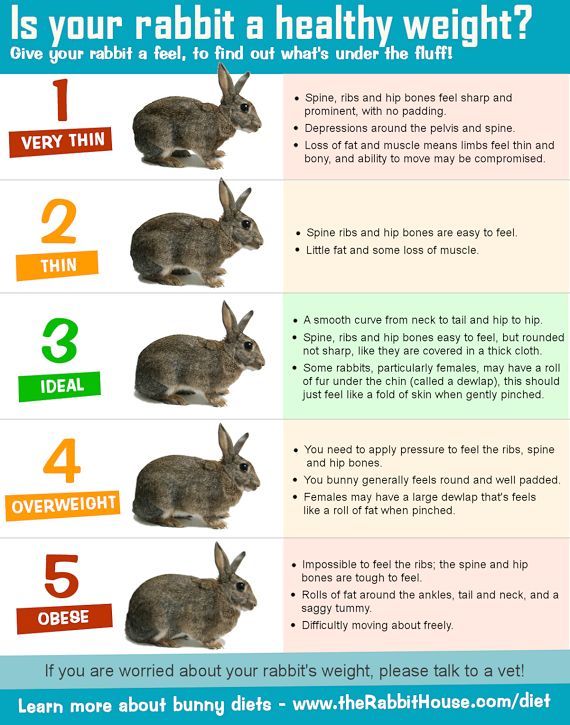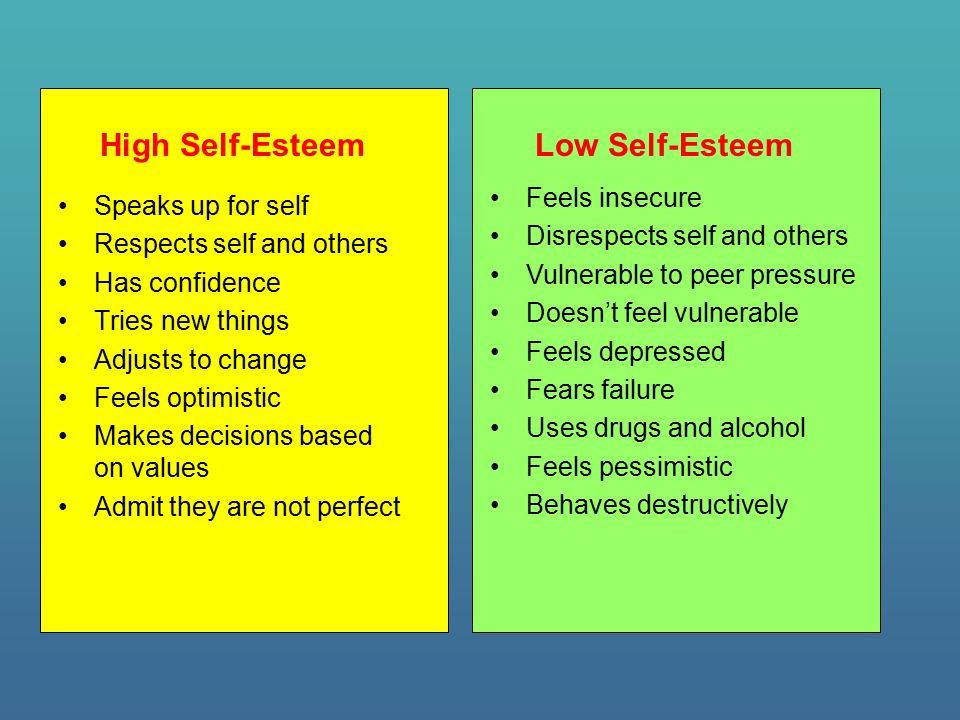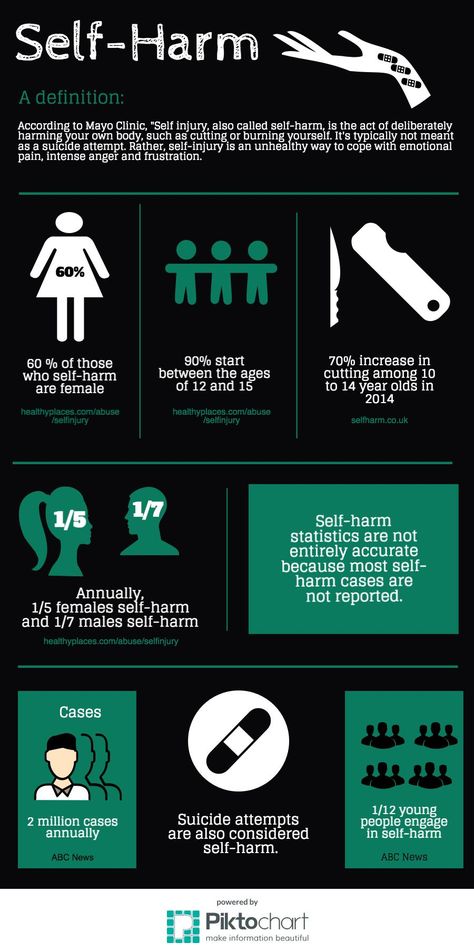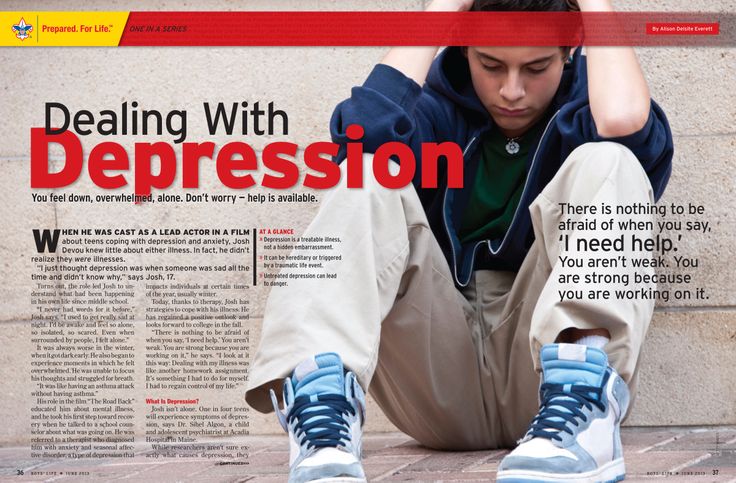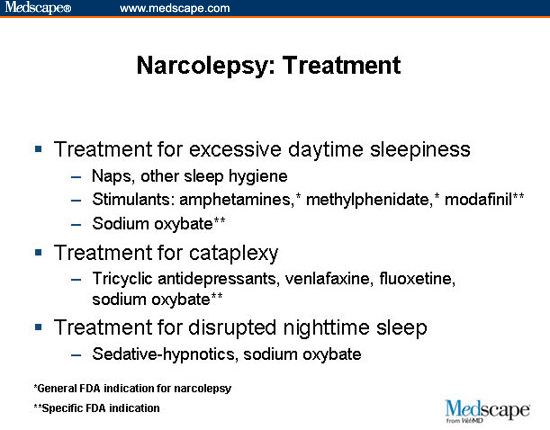Why am i impulsive
Feeling Impulsive? It Could be Your Mental Health
Most of us can remember a time in our lives when we behaved impulsively and faced the consequences as a result. But what happens when impulsive behavior becomes excessive? For many, impulsive behaviors are a symptom of an unmanaged mental health disorder.
Isolated incidents of impulsivity happen to everyone. However, impulsive behavior that is regular and intense tends to lead to negative consequences. They may include anything from damaged relationships to arrest and incarceration. Impulsive behavior includes picking fights, promiscuity (especially with strangers) and chronic drug or alcohol use.
Watching someone who you love hurt themselves usually leaves you feeling powerless and afraid for their safety. So, what can you do to help someone who seems to be living at the mercy of their impulses?
When is Treatment Needed?
There are some parallels between pathological impulsive behavior and substance use disorders. The most noteworthy may be that the person experiencing them seems unable to correct the behavior even in the face of serious consequences. Some of the conditions which feature impulse behavior as a symptom include:
- Adult Attention Deficit Hyperactivity Disorder (ADHD)
- Borderline Personality Disorder
- Bipolar Disorder
- Substance Use Disorders
Your son, daughter, nephew or husband with mental illness can live a happy, healthy life. So can you. A professional diagnosis and following an appropriate treatment plan is a great start. If you or someone you know exhibits these behaviors, it can be helpful to focus on getting mental health help rather than on the symptoms and behaviors themselves. Directing your attention toward the solution and working to stay positive really helps.
Alcohol and Mental Health
Alcohol use must feature prominently in any discussion of harmful impulse behaviors. Research has demonstrated that males are far more likely to engage in risky impulse behaviors after heavy drinking.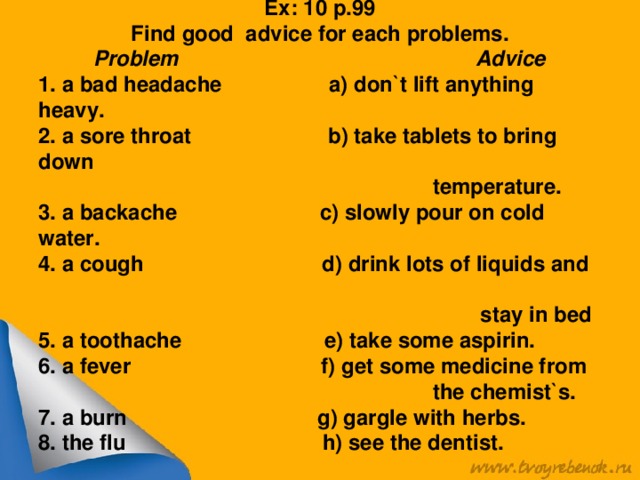 There is a reason why barroom brawls have become a familiar trope in storytelling after all. But the connection between alcohol and mental health goes beyond isolated stories about a wild night in college.
There is a reason why barroom brawls have become a familiar trope in storytelling after all. But the connection between alcohol and mental health goes beyond isolated stories about a wild night in college.
Alcohol is shown to increase the frequency and severity of high-risk behaviors. It is not unusual for someone with an alcohol use disorder to also need mental health treatment. Drugs, alcohol and mental health difficulties combined can make life challenging. To accurately diagnose an underlying mental health issue, it’s best if the drugs and alcohol are out of the picture.
Understanding Impulsivity and Mental Health
Impulsive behavior can seem to come from nowhere. Often people who act impulsively are just as astonished by their own behavior as anyone else. But the truth is every behavior begins somewhere. Even if you don’t notice the stimulus or the thoughts preceding an impulsive action, there is a cause.
Successfully managing impulsivity begins with learning to recognize your triggers.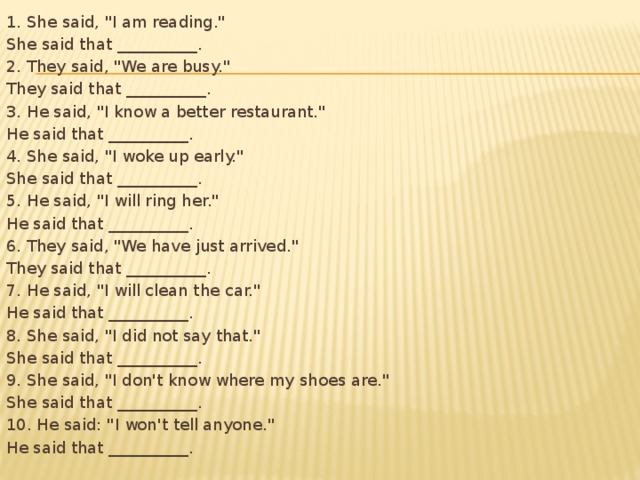 Increasing awareness helps give you an opportunity to counteract impulsive thoughts. It’s usually easier said than done, of course. Impulsive behavior, by its nature, is difficult to predict or prevent but not impossible. It is, of course, far more manageable with professional help.
Increasing awareness helps give you an opportunity to counteract impulsive thoughts. It’s usually easier said than done, of course. Impulsive behavior, by its nature, is difficult to predict or prevent but not impossible. It is, of course, far more manageable with professional help.
Millions of people have learned to manage impulsive behaviors with mental health treatment. You don’t have to go it alone. You do not have to live with the consequences of an untreated mental health disorder. All it takes is a bit of willingness to get help for yourself or that person you love who is living with impulse control issues.
There are numerous ways to help someone with a mental health disorder live a happy and productive life. If you or someone you love is troubled by impulsive behavior and you want to know more about what mental health treatment can do for you, give us a call at (844) 675-1022
When Is It an Issue?
Written by Jon Cooper
In this Article
- When Impulsivity Goes Too Far
- Conditions Linked to Impulsivity
- Impulse Control Disorders
- Treatment
Impulsivity is the tendency to act without thinking, for example if you blurt something out, buy something you had not planned to, or run across the street without looking.
To a degree, this kind of behavior is common, especially in children or teenagers, and isn’t necessarily a sign of trouble. It’s typical for them to act impulsively because their brains are still developing. But in some cases, it can be a part of certain conditions.
When Impulsivity Goes Too Far
It’s human nature to sometimes say or do something you wish you hadn’t. But some people are impulsive often, maybe several times a day. Acting that way can lead to problems and regret.
If you notice a regular pattern of the following, it might be an issue:
- Aggressive behavior
- Restlessness
- Interrupting others
- Being easily distracted
Conditions Linked to Impulsivity
Impulsive behavior can be a symtrom of several conditions. It can also be seen in patients with anxiety and autism spectrum disorders, as well as substance abuse. Some of the most common ones include:
Attention deficit hyperactivity disorder (ADHD). Examples of impulsivity here include interrupting others who are talking, shouting out answers to questions, or having trouble waiting your turn when standing in line.
Examples of impulsivity here include interrupting others who are talking, shouting out answers to questions, or having trouble waiting your turn when standing in line.
Bipolar disorder. This brain disorder affects your mood, energy level, and ability to do day-to-day activities. Impulsiveness can show up in behaviors like extreme spending habits or substance abuse.
Antisocial personality disorders. With these disorders, you pay little or no attention to right and wrong and tend to treat people badly without thinking about the consequences. Impulsive behavior linked to them can include substance abuse or other harmful actions and having a hard time with personal relationships.
Impulse Control Disorders
These disorders are less common. People who have them act on urges to do things that harm them or others, or that aren’t acceptable socially or are against the law. They can take many different forms, such as:
Intermittent explosive disorder. This is the tendency to lose your temper often, usually in short outbursts. Even the smallest of issues can trigger it.
This is the tendency to lose your temper often, usually in short outbursts. Even the smallest of issues can trigger it.
Trichotillomania. Also known as “hair-pulling disorder,” this is when you can’t stop pulling out your hair – on top of your head, eyebrows, eyelids, or anywhere else on your body.
Kleptomania. This is when you can’t resist the urge to steal and feel a sense of relief when you do it, though you might not even keep what you steal.
Pyromania. This is the urge to set fires or being obsessed about setting fires. It’s rare -- only around 3% of psychiatric inpatients are diagnosed with pyromania.
Pathological gambling. While many people make a small handshake wager here and there or play the occasional office pool, people who have this disorder can get caught up in it to the point that it affects their work or relationships and the stress takes a toll on their health.
Treatment
If impulsivity is part of a condition, the treatment depends on the cause.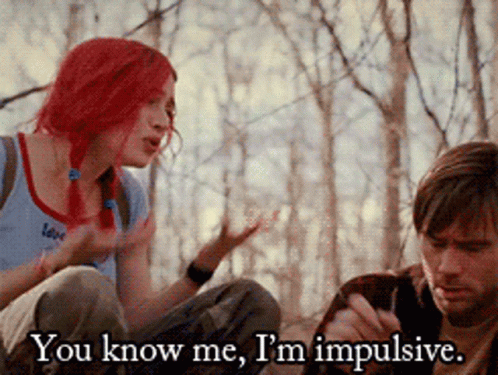 One general approach is applied behavioral analysis, where you learn to work through or better handle situations that tend to trigger your impulsive behavior.
One general approach is applied behavioral analysis, where you learn to work through or better handle situations that tend to trigger your impulsive behavior.
Your doctor also might recommend medications. Antidepressants like selective serotonin reuptake inhibitors, or SSRIs, can help with impulse control disorders.
If the behavior is part of ADHD, medications prescribed for that condition might help. Those include amphetamine and dextroamphetamine (Adderall) or methylphenidate (Concerta, Daytrana, Methylin, Ritalin). Sometimes, nonstimulant medications like clonidine and guanfacine can help with impulse control, too.
Being ready for situations that can bring on impulsivity also helps. For example, you might carry a notebook either to doodle in to distract yourself or to write something down before saying it out loud. The idea here is to pause before you act impulsively, so you have a chance to think through whether what you’re about to do is a good idea and what the consequences might be.
How impulsivity affects our brain
April 19, 2016 Productivity
Are you often distracted, constantly putting things off and unable to focus on important tasks? Don't immediately blame everything on procrastination. Perhaps the problem is not in her at all, but in your excessive impulsiveness.
Procrastination can be compared to a Wi-Fi signal that is so weak that even the simplest website on your device will take forever to load. The metaphor is simple: you will hang for a long time, unable to start any of the more or less important tasks.
Painfully familiar situation, right? In addition, few people know how to find the right way out of it. Here's the catch: subconsciously, you seem ready to take on the focused and thoughtful execution of an important task, but you can't say no to a whole bunch of small distractions.
Procrastination manifests itself in many different ways, but they have one thing in common: we endlessly put off unpleasant things until later because of our impulsive habit of doing only those things that we like best or require minimal effort, and not those that need to be done.
Many people get distracted by everyday chores like cleaning the bathroom or washing dishes, others spend hours scrolling through the feed in Facebook*, and all this instead of taking on an urgent and important task. Particularly malicious procrastinators procrastinate because of a well-founded fear of not being able to complete the task at hand.
Every time he opens a Facebook* tab, instead of focusing on work or being left alone with a big unresolved problem, the procrastinator knows that in the end, completing the task will only benefit him. But nevertheless stubbornly continues to put everything off until later. The reason for this behavior is how our brain handles impulsivity.
How Impulsivity Affects Our Brain
Movies and television have made us think of impulsive people as unpredictable and risk-averse. These qualities, of course, may be signs of impulsiveness, but the truth lies elsewhere.
As a rule, impulsiveness is understood as a person's instant reaction to his own desires.
That is, when something suddenly hits your head, you immediately do it, without thinking about the consequences and long-term prospects.
Behavioral psychologists Martial Van der Linden and Mathieu d'Acremont identify four main features of impulsivity in their study.
- Urgency : The person feels the need to complete the task right away.
- Unintentional : one acts without thinking or planning ahead.
- Lack of perseverance : one quickly becomes frustrated with a long-term task.
- Thrill-seeking : The person chooses which tasks to perform based on how it makes them feel.
All people are impulsive to some extent, some more than others. The whole difference is that someone is better in control of their own desires. People who are characterized by increased impulsivity experience great problems with intrinsic motivation.
They can easily let go of something they've been working on for a week just to do something that will bring them instant positive emotions.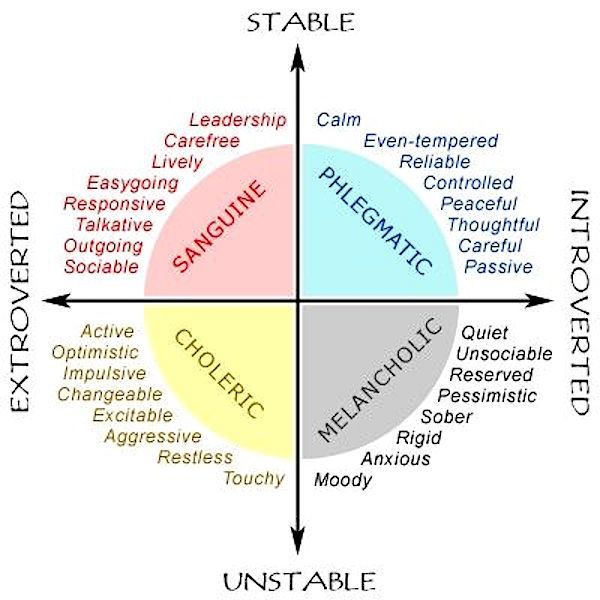 A new impulse that has just arisen will have a higher priority than a task from a week ago. In this case, there can be no talk of any planning, only what you want to do right now matters.
A new impulse that has just arisen will have a higher priority than a task from a week ago. In this case, there can be no talk of any planning, only what you want to do right now matters.
Impulsivity is considered a symptom of a large number of neurological disorders. For example, such as attention deficit disorder (ADHD) or substance abuse. It is extremely easy for a person with ADHD to be distracted by something like useless chatter or playing through the next level of a simple online game, just because it seems to him that it is much more important and satisfies his current desires.
For a person who has problems with substance abuse, the desire to get another dose of the drug far exceeds the fear of long-term negative consequences, which he, of course, knows about, but nevertheless does not stop abusing. In such cases, the immediate impulse dominates everything else.
How impulsivity affects your performance
Do not think that any impulsive act is automatically classified as bad. The problem only arises when you cannot control your reaction to impulses. For example, consider the following scenario.
The problem only arises when you cannot control your reaction to impulses. For example, consider the following scenario.
You are sitting at your desk and working hard on your monthly report. All of a sudden, your phone bursts out of the blue with multiple new social media message alerts. You, of course, stretch out your hand to see what has come there. The next 30 minutes go something like this: you open a message, read it, then see some extremely funny picture in the news feed, follow the link that interests you, read the article that opens, get to the comments in which someone will definitely write some nonsense , which you will certainly want to argue with ... Then you look at your watch and realize quite clearly that you have wasted a good half hour absolutely for nothing.
In this story, some external stimulus, or impulse, made a person take a break from business as many as four times. It four times led to the fact that instead of work you were doing something more pleasant and easy. The vibration of the phone, an interesting picture in the feed, an interesting link and a stupid comment did their job - they distracted you from work and for some reason turned out to be more important.
The vibration of the phone, an interesting picture in the feed, an interesting link and a stupid comment did their job - they distracted you from work and for some reason turned out to be more important.
Did you recognize yourself when you read this simulated story? If you can't slam on the brakes and say to yourself, "I don't have time to do such useless nonsense right now!", then chances are that impulsivity will soon kill your productivity.
Worst of all, it's all a snowball effect: if you'd ignored the message notification from the start, the next three distractions wouldn't have occurred at all. And all you had to do was turn off the sound or ignore the notification.
To keep your impulsivity under control, it is extremely important to develop the ability to catch yourself in time when you start to get distracted. You most likely have the ability to complete work on time (deadlines are proof of this), and you know how to focus quite well. The only skill you have to learn is the ability to ignore or delay responding to immediate impulses that seem more important to you than they really are.
What you can do about it
Impulsivity depends a lot on your personality. Impulse management is a lot like anger management. Being angry is sometimes absolutely necessary, but if you lose control of yourself, the consequences can be quite dire.
giphy.comSame story with impulsiveness. It should be treated as one of the features of your character, which you need to learn how to manage. There are several ways to do this.
Do mindfulness exercises
To be mindful means to be as focused as possible on a particular task at the current moment. This means that you are aware of exactly what you are doing, what you are thinking about, and what consequences and results it will lead to. Mindfulness automatically assumes that you keep your thoughts in check, not letting your impulses dictate your terms.
People who cannot resist their impulsiveness face a number of problems because they are easily distracted. Fortunately, mindfulness is a quality that can be trained. If you really have problems with impulsivity, then at first such training will seem like real torture to you, but they are really worth it.
If you really have problems with impulsivity, then at first such training will seem like real torture to you, but they are really worth it.
Mindfulness is not just a quality, it teaches our brain to focus.
If you can't concentrate on a long-term task, then practice will help you. Mindfulness can be trained through special applications, exercises, or even just doing housework.
Yes, it will be difficult at first, but nothing happens by itself, so just keep going. Keep practicing, and after a certain period of time your brain will get used to not responding to instantaneous impulses.
Study and plan for weaknesses
All people have their own weaknesses that can easily distract us from our work. Good knowledge of your own triggers can greatly assist you in suppressing momentary impulses.
If we go back to the phone notification example, we can find a simple and elegant solution to the problem. Put your phone on airplane mode during the work day, or at least set up notifications so that they do not distract you from the work process.
Set aside time for productive distractions
Being impulsive convinces you that if you don't do something right now, you'll never do it again. You can trick this feeling a little to give yourself room for a detour. When you really want to get distracted by something, don’t say “no” to yourself right away, just promise that you will do it a little later.
Any experienced procrastinator knows that it is easier to put something off for a while than to ignore it completely.
Set aside a certain time when you can pay attention to all the accumulated things that could distract you at once, and do them all at once. Then you will calmly work on your current tasks, knowing that the time will come for pleasant little things.
Talk to a specialist about your problems
Yes, seriously, there is nothing wrong with that. If you find that the situation is out of control and you can not focus on anything for more than a minute, then you should seek the advice of a specialist.
You might argue that lack of concentration is not that important and more contrived than a real problem, but no, it is quite serious. There is no shame in asking for help.
The specialist can prescribe medication if the problems are really big, in other cases he can advise you on some useful exercises to train your attention and memory. If you stick to them diligently, after a few weeks of practice, your brain will learn to better deal with impulsivity.
Understanding the underlying impulses that cause us to get distracted and procrastinate can help you learn to focus on long-term tasks.
It would be great if we could just sit around the table and yell, “Don't get distracted! Concentrate!” to force yourself to work better. But such a method is unlikely to save us from random thoughts. Instead of focusing all your efforts on keeping your thoughts flowing in one direction, try at first to simply not let distractions get in your way.
*Activities of Meta Platforms Inc. and its social networks Facebook and Instagram are prohibited in the territory of the Russian Federation.
and its social networks Facebook and Instagram are prohibited in the territory of the Russian Federation.
Section for the prescribing practitioner, which clearly demonstrates the application of the latest scientific developments in the field of medicine. The articles are advisory in nature, combining practical information and scientific reviews.
How to learn to control your emotions and stop giving in to provocations
Physicians often associate impulsiveness with an innate predisposition to hypertension, geneticists suggest the presence of patients with epilepsy in the family, but British scientists in the course of experiments on rats have recently revealed that this character trait is usually accompanied by an increased tendency to use drugs and quickly become addicted to them. But even if we discard all these hypotheses, we have to admit that it is not easy for an impulsive person to live. Both at home and at work, he too often finds himself "in the line of fire. " Is there any way to deal with this?
" Is there any way to deal with this?
Signs of impulsivity
- It is difficult to control both positive and negative emotions.
- Periodic bouts of talkativeness: a person speaks without closing his mouth, not paying attention to the reaction of the interlocutor.
- The tendency to answer without listening to the question, and to act without thinking for a second.
- The habit of listening to other people's conversations and the ability to interfere in them without a good reason.
- Impatience: for example, not being able to stand in line for more than half an hour.
- Frequent and rather ruinous rash purchases.
- Increased conflict, and the person does not start a quarrel first, but easily emotionally responds to any provocation.
A bit of science
Impulsivity can be both acquired and genetically determined.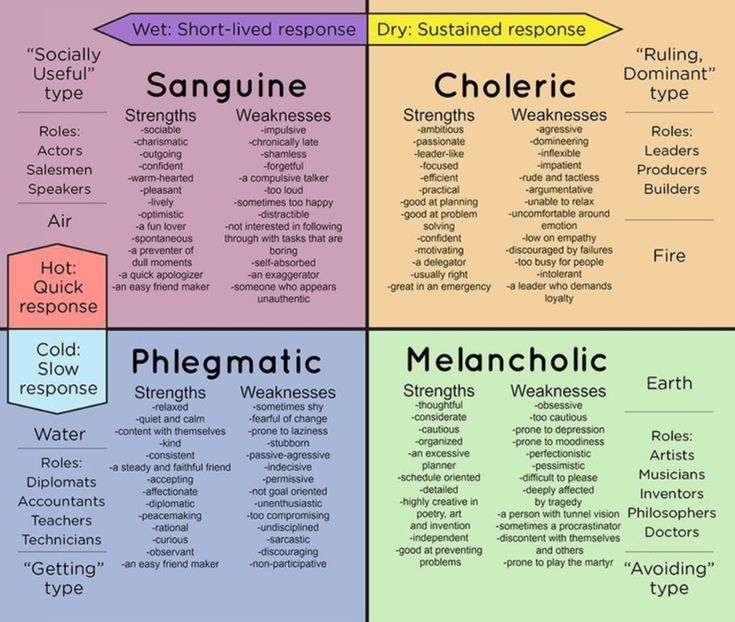 It does not go away on its own, although it can weaken somewhat with age. But in the absence of the corrective influence of education, and also in the case, it was encouraged at least once by circumstances (for example, an impulsive act brought a person success in a career or completely unexpectedly helped out of a difficult situation in his personal life), this character trait takes root as a leading model of behavior, appearing very unpleasant:
It does not go away on its own, although it can weaken somewhat with age. But in the absence of the corrective influence of education, and also in the case, it was encouraged at least once by circumstances (for example, an impulsive act brought a person success in a career or completely unexpectedly helped out of a difficult situation in his personal life), this character trait takes root as a leading model of behavior, appearing very unpleasant:
- violation of the boundaries of what is permitted in ethical and moral terms
- disrespect for the privacy of others
- inability to assess the possible consequences of their words and actions
- weak ability to analyze experience and self-reflection. Impulsive people often do not draw conclusions from unpleasant situations, cannot restore causal relationships, do not realize that some events could happen through their own fault.
- selfishness, which is not thoughtful and prudent, but is of a momentary nature. An impulsive person is guided by desires and impulses that seem important to him here and now. At the same time, as a rule, he does not take into account the interests of those around him.
An impulsive person is guided by desires and impulses that seem important to him here and now. At the same time, as a rule, he does not take into account the interests of those around him.
- a tendency to various kinds of addictions: from computer or gambling, tobacco, alcohol, etc.
If this is your case, try, however strange it may sound, to discard emotions and at least try to consciously work on yourself. Psychologists often say: no one can solve a person's problem if he himself is not ready to work on it; the specialist can only indicate the path that the patient will have to go through on their own. So we suggest you take the path of correction. Let's conditionally divide life into 2 parts: at home and at work. Let's start with what is more important for you and at the same time easier - practicing a calm attitude to work situations.
Peace, only peace!
- Recognize the problem by remembering times when your overreacting emotionally led to conflicts with colleagues or clients.
- Play all these situations in your mind again and come up with a different ending for them: what would happen if you reacted calmly? The way out of the situation you have modeled must certainly be positive.
- If you suspect that among your colleagues there are people whom you offended, be sure to ask their forgiveness as soon as possible.
- Every day, going to work, do a little auto-training. Standing in front of a mirror, say to yourself (mentally or even quietly out loud): “I'm going to work. There are NO people that annoy me and there are NO issues that make me explode.” We put special emphasis on the word “no” and repeat the entire formula at least 3 times, fully concentrating on it.
“Teach yourself not to kick back. If it seems to you that someone is not behaving correctly enough, reduce communication to the necessary minimum. This can be done by turning away, lowering your eyes, answering in monosyllables, etc.
- Control the moment when you have the desire to "explode", and try to at least delay the "explosion". Fine motor skills of the fingers and work with breathing helps well to refrain from sharp reactions. Start counting bills or laying out small things, look for some small change, twist a pencil in your hands, or even draw different figures on a piece of paper. You should breathe deeply and measuredly, slowly inhaling the air and exhaling it in small portions.
Of course, there will be difficulties in working on oneself, and certain breakdowns are possible. The main thing is to analyze the cause of what happened and, being creative, come up with a new solution, and not be tormented by guilt, which destroys self-confidence and reduces motivation. Psychologists advise to be sure to look for schemes that suit you individually. For example, for one, simply shifting matches or toothpicks is effective, and for another, deep breathing and counting to 100.
Family matters
At home, it is more difficult to control oneself, because there are people who are really important to us, and problems, if they are not solved in time, can turn into the destruction of the whole well-established life.





